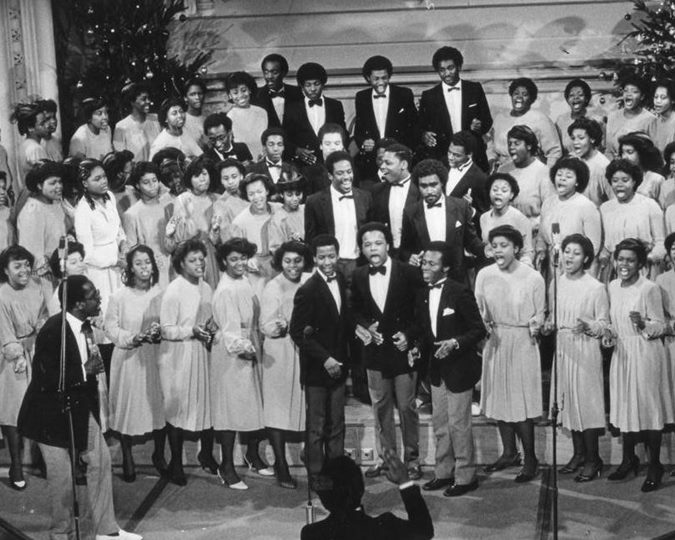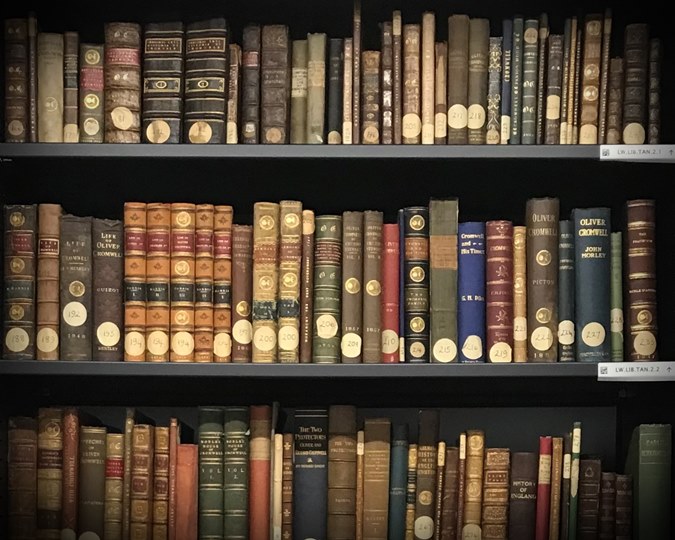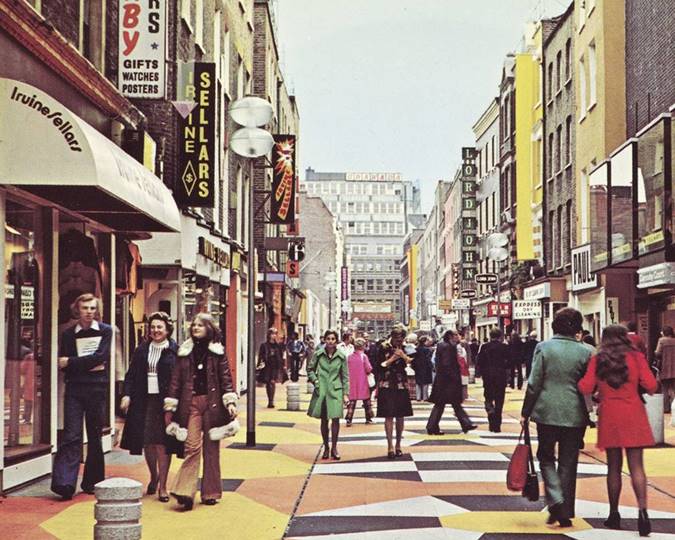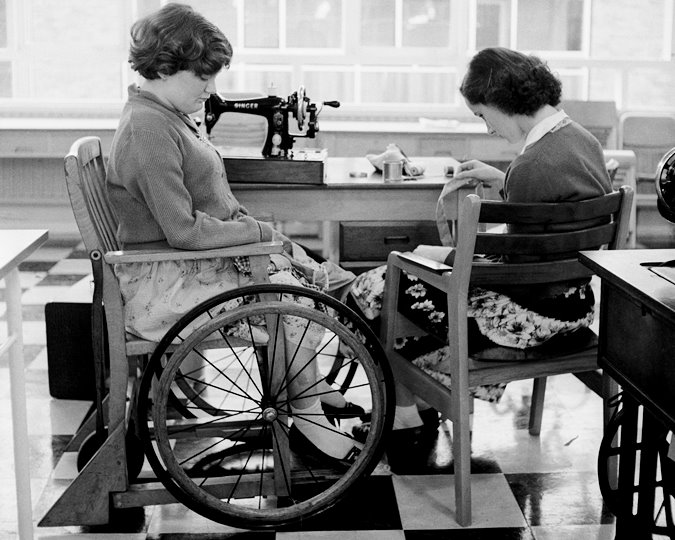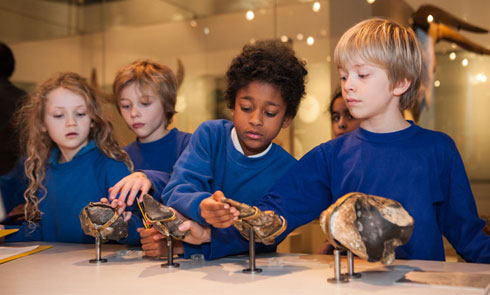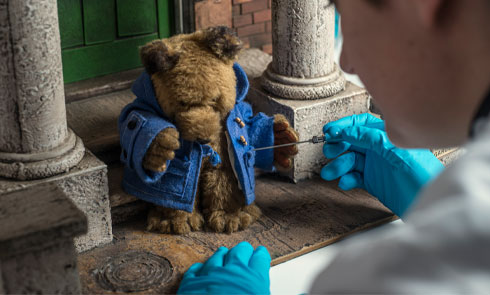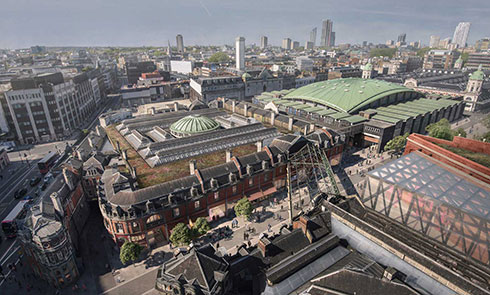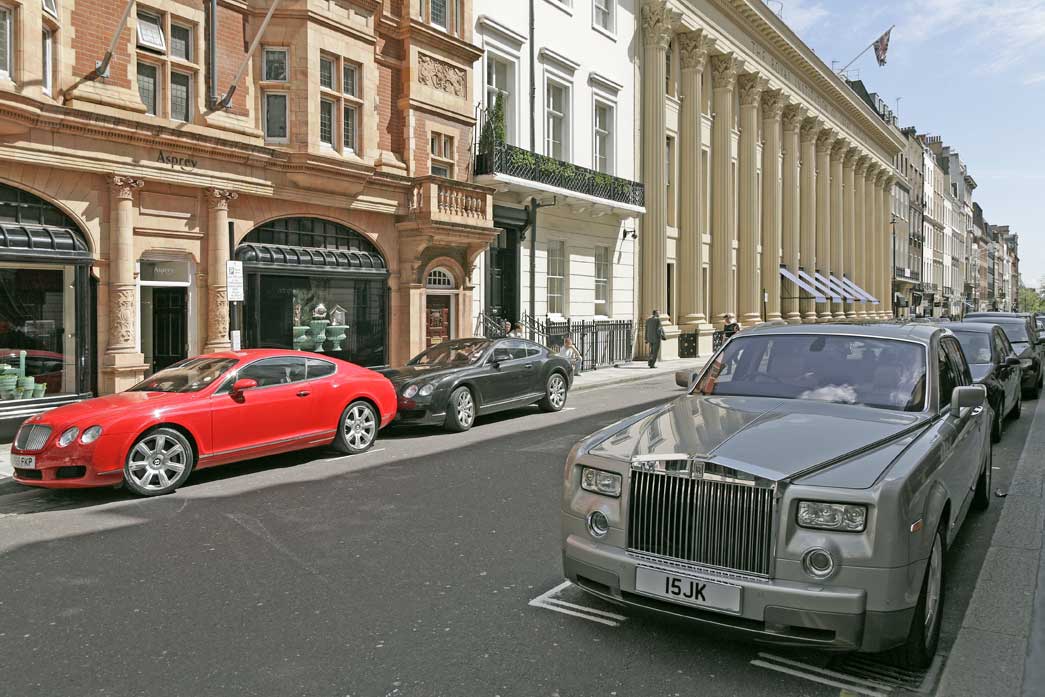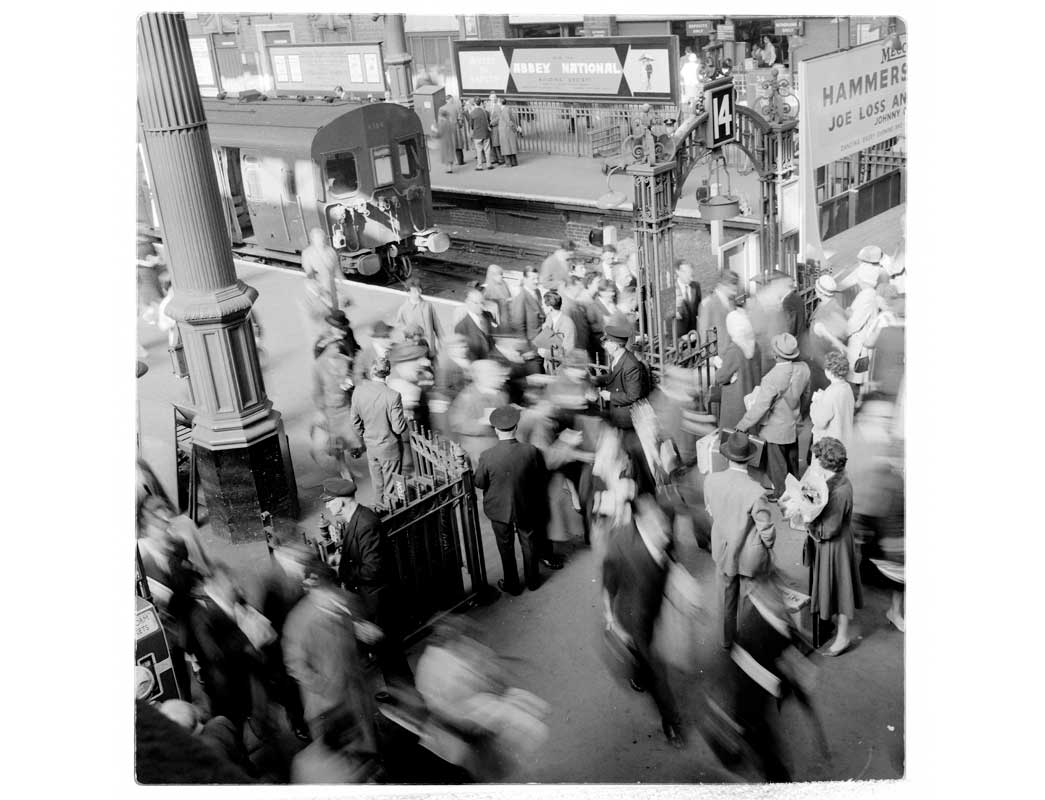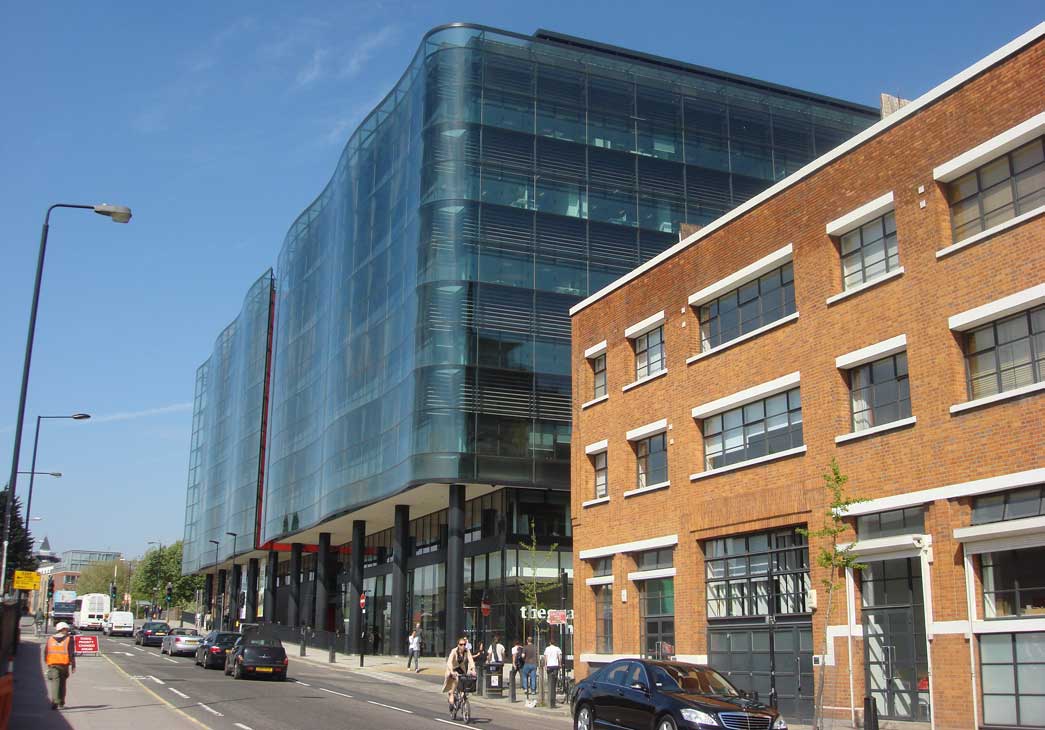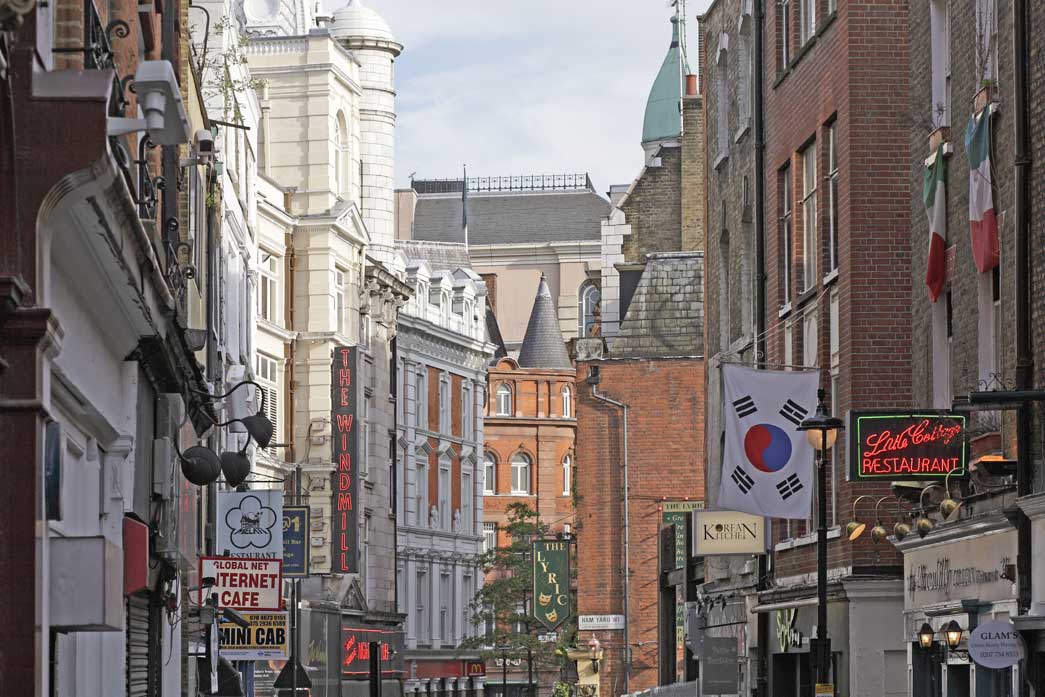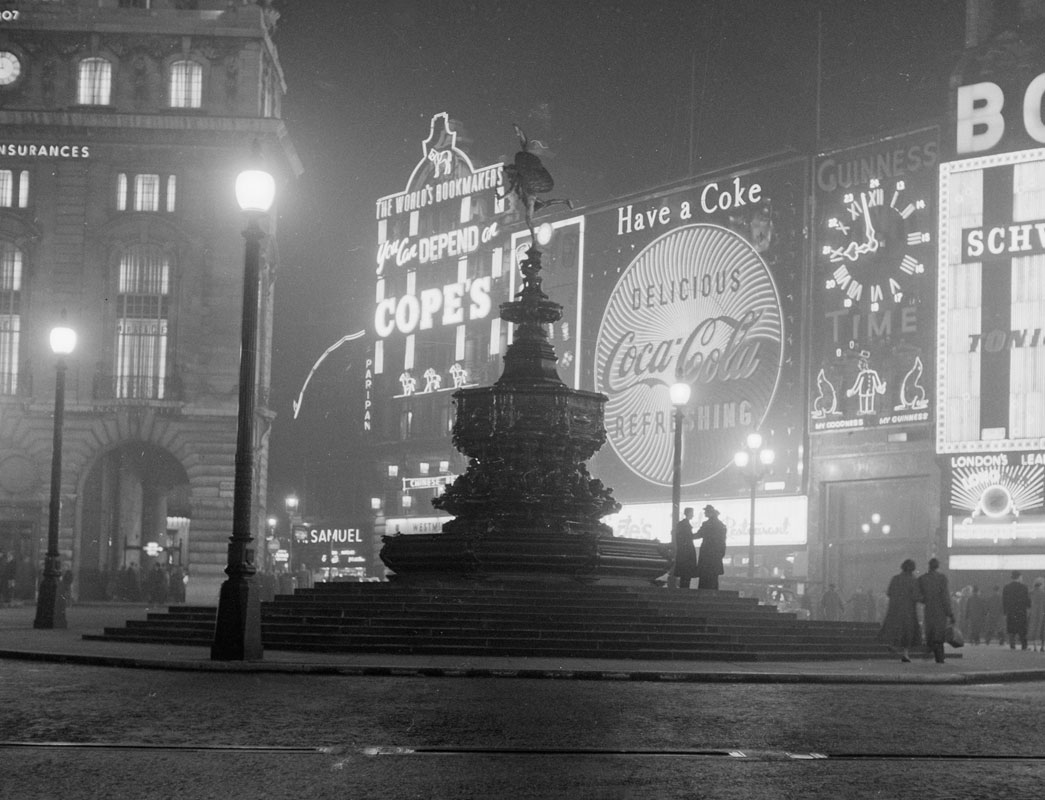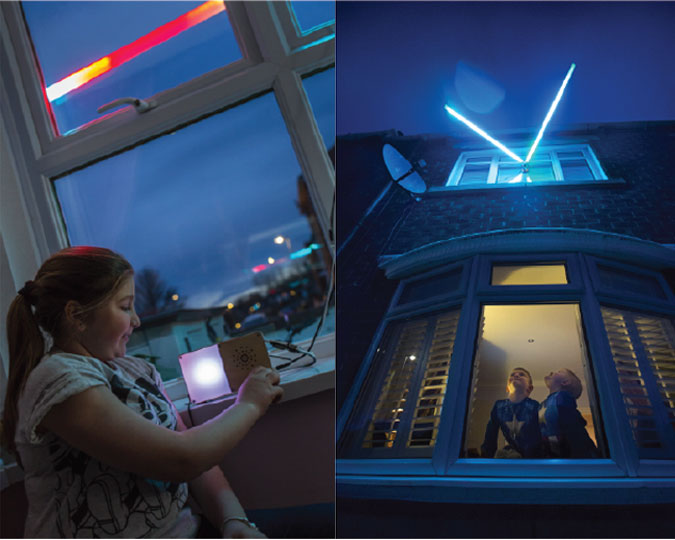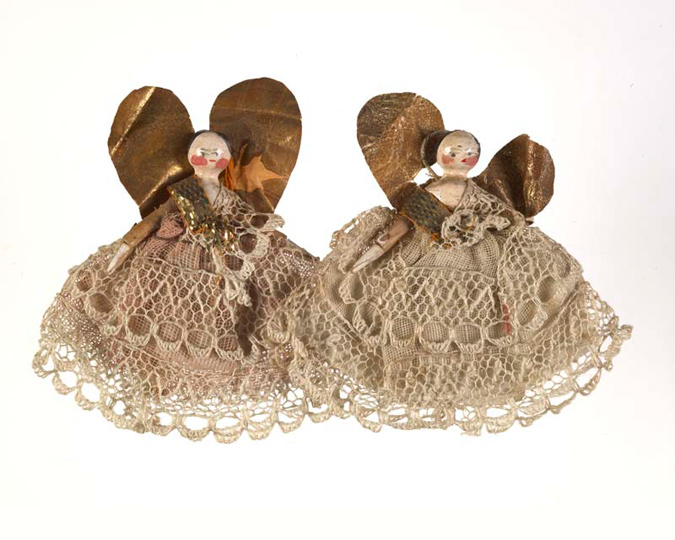First delivered as a talk at the London Salon: Emotion, part of the City Now City Future season at the Museum of London.
Megan Nolan is a writer born in Ireland and living in London. She is a columnist for the Sunday Times Style magazine.
When I’ve moved out of a certain part of a city I find myself unable to walk through it again. In Dublin I took detours and unnecessary buses to avoid old streets I’d moved out of, the ghost of myself frightening me off. To walk through them filled me with ancient dread, a dull thudding at the base of my throat, my spine. It was as though I knew already everything that would ever happen in them, and to me. I sensed everything, could name each raindrop, predict the number of any bus which flew by. The past lived there but not as a settled, not a dead thing; but as a nightmareish recurrence which threatened to swallow me up.
For a long time after you left it, the whole of London was like this to me. You had shown it to me, explained to me in theory what sort of life we might have here, the juice cart and the park and the good falafel, before moving away. It’s your fault, really, that I came here at all , because I experienced it with you for the first time as somewhere habitable, somewhere not just for tourists and bankers. You knew which shops gave the best samples and which galleries in Mayfair would let us into their openings and how to steal champagne from their table at the end of the night.
One evening in May just before I moved over for good, we went to a show in Angel where I first met all your art people, the ones you knew for real and the ones you were trying to impress. Seeing you this way was vaguely repellent, eyes wandering determinedly over my shoulder scoping for curators, pointing out other artists, describing their cultural status.
The way you made art was never embarrassing, as it has always been for me, except when you meant it to be, when you wilfully used embarrassment and vulnerability as a tool. Your relationship to it was passionate and ambitious and entirely entitled, the staggering confidence of rich people who do everything they are supposed to, the straight line from MA to solo show to representation to- to? It was unclear what was supposed to happen then, what sort of person you intended to become.
In the gallery, everyone was overly attractive and tall and loud. A woman outside dressed all in denim was leaning against the wall and smoking a cigarette, scratching her chin thoughtfully as she watched you approach, and said your name. I knew from the weird way your eyes bulged and you grinned too much that you had slept with her, and when you kissed her on the cheek she pulled away and looked at your face with glittering mania and leaned forward and playfully bit your lower lip. I looked away, not jealous so much as embarrassed for all three of us.
“And who is THIS?” she asked, swivelling round to face me. Who was this? How to describe myself? When we went to art parties in Dublin, before I quit my office job, you would tell me not to introduce myself as an administrator. “Say you’re a writer,” you said. Who was this? I am X’s not-partner, I am X’s sometime-lover, I am X’s project. I am sort of a writer. I am a temp. I am not an artist. And this became the simplest way to describe myself. Who are you? I am not an artist.
***
To be understood correctly is to be engulfed, to be enclosed, swallowed up, drowned, eaten up, smothered, stifled in or by another person's supposed all-embracing comprehension. It is lonely and painful to be always misunderstood, but there is at least from this point of view a measure of safety in isolation.
It became easier, then, to begin from the point at which I feared I would disappoint you and all of your friends- I am not an artist.
***
It was summer and I sweated on the tube back and forth from my temp jobs. You came and went, from residency to residency, staying and sleeping with me in between. After one in France, you came back jittery and wild-eyed, having fallen in love. We were trying this radical honesty thing, so you told me all about her. She was young and blonde, as I had been once. At night I lay in bed after we had sex, while you sat at my desk working, editing recordings you had made of her voice. And then in September you left forever.
Once you were gone, London seemed suddenly like scenery liable to fall apart like wet cardboard at any time. I cut and dyed my hair and lost and gained weight and took terrible drugs which gave me stomach ache for weeks. I posted fragments from books I was reading online, and went swimming in lidos, and to openings- half expecting to see you there, flirting meanly with some lean-hipped woman, winking over her shoulder at me when she looked away.
At first when I dated, I dated only women, because men, not being you, felt wrong. We went to gay bars in which I felt like a phoney, being in love, as I was, with the straightest man alive. We got drunk on fruity cider and went back to make out in our various sublet box rooms.
Then, on Tinder, I met Thomas, who had a beautiful face and long hair dyed various pastels and looked like the kind of boy in a band I fetishised as a teenager. I examined myself in the mirror before I went to meet him, wondering if I looked weird and if the weird was the good kind of weird or not; if I looked queer or straight and which it was better to look that day. I was wearing a jacket I had stolen from you and sometimes it made me feel myself and sometimes it made me feel a strange imposter.
***
R.D. Laing writes of a teenage boy he treated:
“His tutor was worried about the boy because he acted in various some-what odd ways. For instance, he attended lectures in a cloak, which he wore over his shoulders and arms; he carried a cane; his whole manner was entirely artificial; his speech was made up largely of quotations.
The boy was a most fantastic-looking character - an adolescent Kierkegaard played by Danny Kaye. The hair was too long, the collar too large, the trousers too short, the shoes too big, and withall, his second-hand theatre cloak and cane! He was not simply eccentric: I could not escape the impression that this young man was playing at being eccentric. The whole effect was mannered and contrived. But why should anyone wish to contrive such an effect ?"
It was still a little warm, nearing the end of October, and I walked through Hackney Fields to meet Thomas. As when I was a child, I could not figure out what to do with my limbs. When I crossed my arms I became aware I looked forbidding and uncomfortable, when I sprawled was concerned with my relaxation appearing affected. Back in his tiny apartment which smelled of weed and sandalwood, we sat at his fold-out kitchen table and drank milk cups of vegan red wine and I listened to him speak. He was sweet and easygoing and fantastically boring. Twice he took out magazines from a decade ago to show me evidence of his semi-professional skateboarding career in Canada. After midnight as he delved further into his take on 9/11 conspiracy theories and my neck was sore from nodding and my face from smiling politely, I wondered what I was doing there; but what else did I have to do?
I slept with him because I needed to find out what being with a man would feel like after you, although I knew it would feel bad, like pressing a tongue into a raw fissure in the mouth. In the morning I woke up late and flustered and dressed quickly and left without waking him.
It was my second day temping at The Guardian office in King’s Cross, where I would spend much of the following year. It sounded so good to say this to people at home: What are you doing? I’m working at The Guardian. I brushed over what I was actually doing there which was largely photocopying and booking flights for actual journalists and occasionally writing some commercial copy.
When I was a kid I loved The Guardian, have read it all my life. I loved walking in there each morning, more or less blending in with the other people who worked there for real, eating in the canteen with them, watching them to see how their lives differed from mine. Once, on assignment in the Business section, I was kneeling on the floor trying to reconnect a computer cable when an editor walked over. He stood over me and peered humorously down above the rim of his glasses.
“What are you doing down there?,” he asked, “While you’re there could you shine my shoes?” and guffawed and wandered off.
In the evenings after I finished I went to the bar downstairs and paid seven pounds I couldn’t afford on glasses of warm white wine and drank with journalists, some of whom after a few drinks would proposition or kiss me. Almost invariably the next day at lunch they would tell me with a guilty smirk that they had girlfriends- with whom, of course, inevitably, they were having problems.
I brought some dates to the bar there in King’s Place, because it made me feel like a real person, a describable person, a Guardian Person. That’s Megan, she works at The Guardian.
***
I dated all over the city for several months, often becoming stranded in some obscure suburb and not having cab fare home. I realised then what having money gives you, which is utter freedom from dependence, from the need to trouble other people.
I spoke to my father on the phone one night as I got a bus to meet a date in Kilburn. He had lived there thirty years ago with his brother. I asked idly if his parents had minded them going over when they were so young.
“Same as me with you I suppose,” he said. “I’d prefer if you were here for my own sake but I wouldn’t wish it on you. The thing that gets me sometimes, usually after we get to spend a relatively long time together, more than a week, like at Christmas, is thinking about how little it will happen again.”
“What do you mean?” I asked.
“I mean, if you count the times we’ll spend a significant amount of time together from now on…the time is limited. It’s very limited, really.”
He didn’t seem distressed by what he was saying- said it matter of fact in the same tone he had told me what he was eating for dinner.
I turned my face hotly to the side and stared out the bus window. I was filled not only with misery about what he was saying, and his awareness of it, but also with shame at how squalidly I was wasting my short life. I felt sick at how impoverished my internal life had become, the scrabbling for some engagement or affection from people I didn’t even like very much. I realised unhappily that nobody who knew me in any real sense knew where I was most nights. I was disseminating all my selves across London, each of them constructed, and paper thin, and ready to be thrown away with each new morning.
In November I went on a date with a lawyer in his early forties named Brian so ridiculous that it ended my dating spree semi-permanently. In his pictures he had a faint scar crossing down above and below the socket which made him look like an incredibly handsome Bond villain. We met at a Dim Sum restaurant in Soho.
I got the feeling, as soon as I began talking to Brian, that he went on dates only to tell his story, which I could not blame him for.
“So,” he began, “I suppose we better get the scar story out of the way.”
I giggled back in response, eyes widening a bit with faux-shock, faux-embarrassment, faux-something anyway.
“It was summer, about three years ago now” he said, “and I was high to the hilt on valium. I was never off valium in those days,”
He was very attractive as he told the story, gesturing in the vaguely camp manner that mysteriously drives me wild.
“My wife and I had just come back from visiting her parents in South Africa. Well, it was such a terrible trip that I had told her on the final night that I wanted a divorce. And so I had taken a helluva lot of pills to get through that night. And then another lot to get through the flight the next day. By the time we got back to our apartment I was more or less a zombie, I’m afraid.”
All the while he was saying these things, the waiters were bringing us exquisite, tiny dishes. A buttery puff of venison melted immaculately in my mouth. I was enjoying myself.
“So we get in- we lived near St Paul’s at the time- and I drop right off- poof! My wife stays up, drinking and talking on the phone, all the while, I can only imagine, getting angrier and angrier.”
“What about?” I interrupted, scooping up the last of some oyster sauce with a little baby leaf of pak choi.
“Oh, everything, anything. She wanted to leave me, you see, but I got there first and that irked her. Or it could have been that the cleaner didn’t line her cosmetics up correctly, or her sister hadn’t answered the phone. Anything. And so she works herself into this tremendous state.”
Brian was removing more and more of his clothes as he told the story, animatedly loosening his tie as he approached its peak. He was leaning over and grabbing me every so often, to emphasise a syllable; not romantically, but in the naturally over-familiar way of actors and the very rich. He violently speared blushing slices of duck, seeming not to taste them at all.
“Of course, I’m tucked up fast asleep all this time. I haven’t a clue what she’s doing. The next thing I know, the next thing I am aware of after having gone to bed, is waking up with this searing white pain and my face drenched. I’m still more or less out of it now, you see, and also in shock, so I can feel the pain but in a sort of abstract sense. And then- THUD- I’m knocked back against the headboard. There’s a tremendous pressure exerting itself on my eye. By now I’m awake. I’m awake, and I can see my wife kneeling over me. She’s still wearing what she was wearing all day- white, all white, and it’s splattered in blood now.
“Melissa!” I cry out, “Melissa! You’ve punched me!” and she leans further down so her hair is sweeping over me and says:
“Darling. I haven’t punched you. I’ve stabbed you.” And she had. The bitch had stabbed me. First she had cut me- down here, like this,”
He broke off to mime a quick slash along the line of his scar.
“And then she had plunged the knife right into my eye. Right into the far corner. It went right through the ball.”
I stared at him aghast, and then down at the slippery scallop dumplings I’d been working my way through.
“It went right into my brain.” he said wondrously.
“My god,” I said, thinking, this is absolutely the best date I’ve ever been on.
“And do you know what happened then?” he said
“What?” I said, leaning in.
“Nothing!” he cried delightedly. “Absolutely nothing! It barely affected my vision. There was absolutely no lasting damage to the eye. It was a miracle. Something got fiddled in my brain though, so I can only taste about half the right amount, and can’t smell at all. Still!” he said, raising his glass to a toast.
At the end of the two hours when his story was completely over and our wine glasses were empty, he stood up, seeming a hundred pounds lighter, to have shed some dead skin he had been hauling around, and kissed me chastely on the cheek. He bounded off into a cab without a glance back, having gotten what he needed from me. He was just out there trying to save his own life as we all were in some way or another. He needed to keep telling his story to make sure that it was real.
I knew what this was like- when my friend Cian had died we all sat around describing the last encounters we had had with him, trying to convince ourselves they had really taken place, as if to say to each other “And that was the last time I saw him. Wasn’t it?”, as if to say, “This is how it happened, he moved from point A to point B, and then he died. He died, didn’t he- didn’t he?”
After the date I went to sit in the Groucho Club where I often sat at odd hours. My friend Jesse was an artist who had been gifted membership and gave their card to me, finding the idea of my urchin arse sitting in all that boring tacky glamour funny. I liked being there, feeling pleasantly outside it all, looking at people I’d seen on tv. Usually if I stayed there awhile some man would buy me a drink and say something like, I could be on television or in a film if only I’d grow my hair out and wear something proper.
I sat in the smoking area laughing to myself about what had just happened, laughing with joy that such a farcical encounter could have taken place; that I would never have experienced it if you hadn’t left me and I hadn’t started my miserable dating binge; laughed too at my surroundings- what was I doing in The Groucho Club- and then I laughed at the pathetic image of me sitting there after all the other bad dates I had had in Soho- a sad lonely 25 year old nursing a red wine in The Groucho Club, and the more I laughed the more I felt myself, which has kept on being true ever since.
***
In the few years since then, I’ve tried to embrace the obscene contradictions of living in this place. I try to resist the sort of definitive ending I am inclined to, the ending which would either say, “London is a relentless, draining hell”, or “London is a place of almost infinite possibility which houses most of the people I love best in the world; is the place, in the end which saved my life.”
Because both of those endings are true. It remains true that this is a dreadful place to be poor; quite often still I end up stranded in my house for days at a time eating chickpeas and tinned tomatoes while I wait to be paid. At least once or twice a month I cry on a train platform in Central because my travelcard has expired and I have no idea how I’ll get where I need to be. But then I’m often poor because I’ve spent my money on a stupid drink with a friend the night before, and I find it hard to regret the sorts of good times I have here, even if they mean poverty afterwards. There is a certain pleasure to be had in the imbalance of my life, of the comical indulgence and the enforced temperance which follows.
It reminds me of the last day of a trip to Italy I took last summer, when I had run completely out of money. Counting my change in the grocer, I found that I had enough to either buy a loaf of stale bread which would tide me over until I got back to London, or a single, perfect peach- and the peach was no less perfect, no less full of sunshine, for the fact that I went hungry after it had ended.
The place I live now is mine- you’ve never been there; you don’t know where it is. All of the things you left behind have been given away.
When I knew you were about to leave, I used to wake up each morning with tears in my eyes so salty that the lids were stinging and red. Everything spoke to me of sadness, the clothes I put on, the shoes, the cup I filled with hot water. They all seemed cut from the same basic cloth. They were all to do with dailiness, with things going on and on, and there is nothing sadder than those things when you know their ordinariness had become untrue. But enough time has passed now, I have walked these neighbourhoods so often, that even the ones we stayed in together no longer speak to me of you, or sadness.
I live in a different city now to the one you showed me, and it keeps getting bigger.

